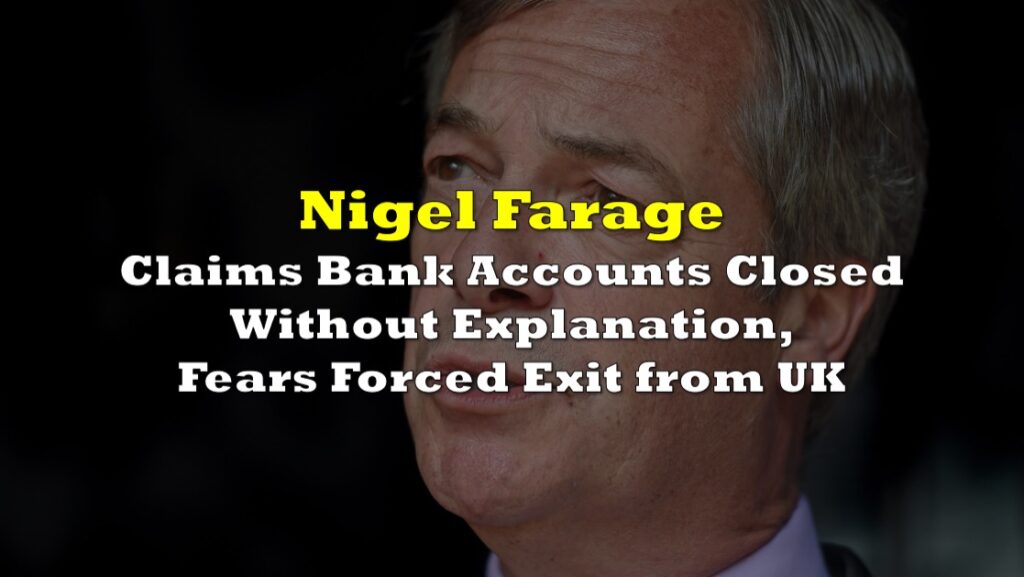It took more than 50 ministers to resign from the government and resounding ousting calls from the rest before the embattled UK Prime Minister Boris Johnson decided to finally step down. However, he’s keeping the seat warm until the next leader is elected, which includes a process that could take months.
“The process of choosing that new leader should begin now. And today I have appointed a cabinet to serve, as I will until a new leader is in place,” Johnson said.
His party, the Conservatives, is now tasked with electing its new leader to head the parliamentary government. But the opposing Labour Party’s leader Keir Starmer is questioning Johnson’s plan to stay in the position even after he resigned, vowing to call again for a confidence vote on the floor if the party “do not get rid of him.”
Boris Johnson is unfit to govern and he needs to go now.
— Keir Starmer (@Keir_Starmer) July 7, 2022
He cannot cling on for months.
If the Conservative party do not get rid of him, then Labour will act in the national interest and bring a vote of no confidence.
The Conservative party seems to be divided on the idea of Johnson keeping the seat. Foreign Secretary Liz Truss called his move “the right decision” as she calls “calmness and unity now and to keep governing while a new leader is found.”
The PM has made the right decision.
— Liz Truss (@trussliz) July 7, 2022
The Government under Boris's leadership had many achievements – delivering Brexit, vaccines and backing Ukraine.
We need calmness and unity now and to keep governing while a new leader is found.
Fellow Conservative Simon Hoare has a different opinion, saying the “party lost confidence because of the [prime minister]” and therefore, “it is beyond credulity that Mr. Johnson can stay in office even pro tem.”
Ministers resigned *because* of the PM. The Party lost confidence *because* of the PM. It is beyond credulity that Mr Johnson can stay in office even pro tem. New constitutional territory but he has to go and go means go
— Simon Hoare MP (@Simon4NDorset) July 7, 2022
Johnson’s resignation is a complete turnaround from yesterday’s stance as he vowed to “keep going” amid growing calls for his ousting.
Earlier in June, Johnson survived a no-confidence vote brought by his own party. The MPs voted 211-148 in favor of keeping the prime minister in his seat, with nay votes failing to secure a majority to remove him from office.
Current rules disallow a similar vote to take place for at least another year.
Former prime minister Sir John Major also called for Johnson to “not remain in Downing Street,” offering the 1922 Committee his thoughts on the transition after the current prime minister’s resignation.
“I see two possible solutions,” Major wrote. “The Prime Minister could resign, with the Deputy Prime Minister becoming acting Prime Minister until a new leader of the Conservative Party is elected.”
“Alternatively… the 1922 Committee should arrange for the new Leader of the Party to be elected solely by MPs, with the winner being installed as Prime Minister,” he added. This would fast-track the usual three stages of the party’s election process of choosing their leader.
💥Former PM Sir John Major writes to Tory 1922 committee urging them not to leave Boris Johnson in No 10 as caretaker leader.
— Pippa Crerar (@PippaCrerar) July 7, 2022
“For the overall well-being of the country, Mr Johnson should not remain in Downing Street”. pic.twitter.com/WSlMdqRT8Z
Currently, two MPs have declared the intention to contest for the prime minister seat: Attorney General for England and Wales Suella Braverman and Chair of the Foreign Affairs Select Committee Tom Tugendhat.
Information for this briefing was found via CBC. The author has no securities or affiliations related to this organization. Not a recommendation to buy or sell. Always do additional research and consult a professional before purchasing a security. The author holds no licenses.









